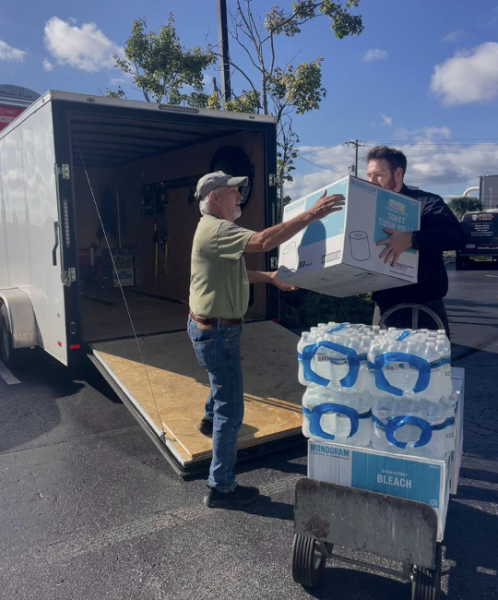Wilmington is named number one city in U.S. for opioid abuse
Opioid abuse is a prominent and serious issue that has plagued the nation for over a century. Currently, drug related death rates rival the death toll caused by AIDS in the 1990s with over 27,000 lives taken each year.
Castlight Health, a health care information company based in San Francisco, recently ranked the top 25 cities in the country with the highest rates of prescription opioid abuse, and although the rise in abuse is nationwide, Wilmington, N.C. has landed the number one spot at nearly 11.6 percent.
And not only have opioids taken countless lives, but prescriptions for the drugs have more than tripled over the last twenty years.
Bryan Durham, an emergency physician based in New Hanover County, is subjected to the sad reality of addiction every day.
“There’s not a shift that I don’t work in the emergency department that I don’t see someone affected by this, and often times it’s multiple patients in a day,” Durham said in an interview with WALB News. “You hear about overdoses, we see the overdoses. We see the effects, we see how this tears families apart.”
However, Wilmington is not the only North Carolina city to make the list; Fayetteville, Jacksonville and Hickory are all included in the top 25.
Despite the four North Carolina cities being recognized for high rates of abuse, health experts agree that opioid related crimes, injuries and deaths are huge problems throughout the entire country, not just North Carolina.
“Drug overdoses are the leading cause of unintentional injury and death in the U.S.,” explains Eleanor Howell, the director of the N.C. State Center for Health Statistics.
Howell states that in North Carolina alone, drug related deaths now outnumber motor vehicle deaths each year. With the increasing amount of crimes committed and accidents occurring, health care professionals are working on solutions to assist in minimizing the issue. One solution includes creating an environment in which drug addiction is not stigmatized and looked down upon.
Another potential fix is simply education — educate doctors, citizens and other health care professionals on addiction recognition, prevention and accessible treatment centers.
Unfortunately, the opioid epidemic is not going to be fixed overnight or even years from now. However, there is hope that the abuse will at the very least decrease over years to come.











